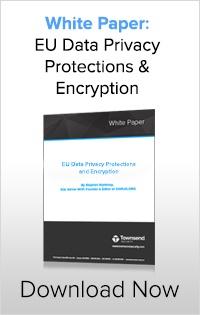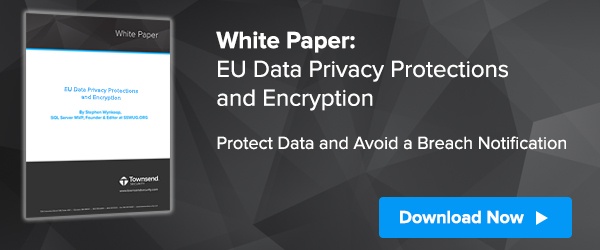In a ruling that shocked Internet service providers and businesses in the US and abroad, the European Court of Justice ruled this week that current data Safe Harbour rules may not be adequate to protect the privacy of EU citizens and that individual countries may make their own rules about data privacy. Anyone who has lived in Europe and knows the historical context of governmental tracking and abuse of individual rights will certainly not be surprised by this ruling.
But why is this such a big deal?
 Have you noticed how good Google, Facebook, Microsoft, Amazon, Yahoo and others are at showing you advertising that reflects your interests? They are really good at this because they are the ultimate data aggregators. They use their vast network of global systems to bring data about you together and then perform sophisticated analytics. This means that most Internet service providers are moving data across country boundaries into the United States or areas controlled by the US where that data is subject to government inspection.
Have you noticed how good Google, Facebook, Microsoft, Amazon, Yahoo and others are at showing you advertising that reflects your interests? They are really good at this because they are the ultimate data aggregators. They use their vast network of global systems to bring data about you together and then perform sophisticated analytics. This means that most Internet service providers are moving data across country boundaries into the United States or areas controlled by the US where that data is subject to government inspection.
Beyond the obvious advertising aspects of Internet services, many backup and archival systems are built on Internet-based storage services. This means sensitive backup data moves over the Internet and may move to servers or networks outside of the host country. Internet service providers have been working hard to make their systems resilient and this often means integrating across borders.
In fairness, it is not just the US government that snoops on individual activity - many governments around the world do the same thing. And that is the concern of the European courts.
If data can’t leave a country, that will have a major impact on Internet service providers. And, of course, that will have a major impact on the small and large businesses that use these services. It’s potentially a very large problem!
In a Computer Weekly interview with Andy Hardy, Managing Director of Code42, he noted the importance of encryption and key management in meeting the new requirements. Andy said:
“It need not be the end of business as we know it in terms of data handling. What businesses need to do now is safeguard data,” he said.
According to Hardy, businesses must ensure they can keep company and customer data private, even when backed up into a public cloud.
“The right technology will ensure data it is encrypted before it leaves the endpoint device, so that it cannot be decrypted in the cloud and hence remains private. The best technologies will ensure that encryption keys are kept by our customers on-premise, so only they can decrypt the data and that no one else can access it unless with prior direct request. This is the only way to ensure privacy in the public cloud post-Safe Harbour,” he said.
I think Andy has this exactly right. When encryption is done right it makes the data unintelligible to anyone without the encryption keys. Using a key management solution that is resident in the EU, which is dedicated to the data holder, and which does not allow third party administrative access will be crucial to meeting the new EU privacy laws.
That’s exactly what we do with our encryption solutions that integrate with Alliance Key Manager and we are already helping EU customers protect their data with strong encryption. EU customers can locate Alliance Key Manager within their own data center, or in a country-specific hosting center, or even in a cloud service provider platform where there are adequate guarantees around in-country hosting.

